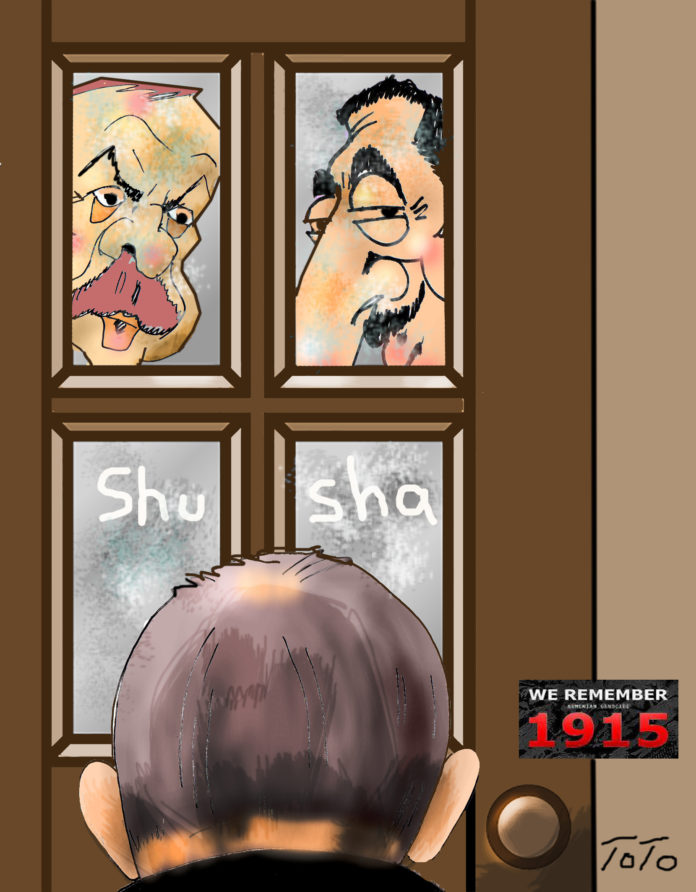While the West views, sometimes with sarcasm and at other times with apprehension, the Kremlin’s efforts to revive the former Soviet Union in a different shape or form, it allows Turkey to continue its global plan to bring Turkic nations under its sway.
Thus far, Turkey has used the West’s generosity and military might to become the second most powerful entity in the NATO structure, only to use that status to serve its immediate agenda, exercise independent policy and even at times defy the West, as it did when it purchased S-400 missiles from Russia, forbade the use of Incirlik air base during NATO operations and slaughtered the Kurdish forces allied with the US in Syria.
Therefore, it is not difficult to forecast that Turkey may become more independent or even hostile to the West in the long run. Many polls already indicate that there is no love lost between the Turkish public and the West.
Thus, the belief in the West that Turkey’s self-serving course can be restrained at any point is not realistic.
It is true that Turkey suffered a setback in Kazakhstan, which fell under Moscow’s control after Nursultan Nazarbayev was ousted from the political stage, but Ankara has been regrouping its forces to move ahead with its imperial plan.
Incidentally, the Central Asian republics — Kazakhstan, Kyrgyzstan, Tajikistan, Turkmenistan, and Uzbekistan — with their huge reserves of oil, gas and uranium, are in the sights of the three powers now embarked on empire building: Turkey, Russia and China.








